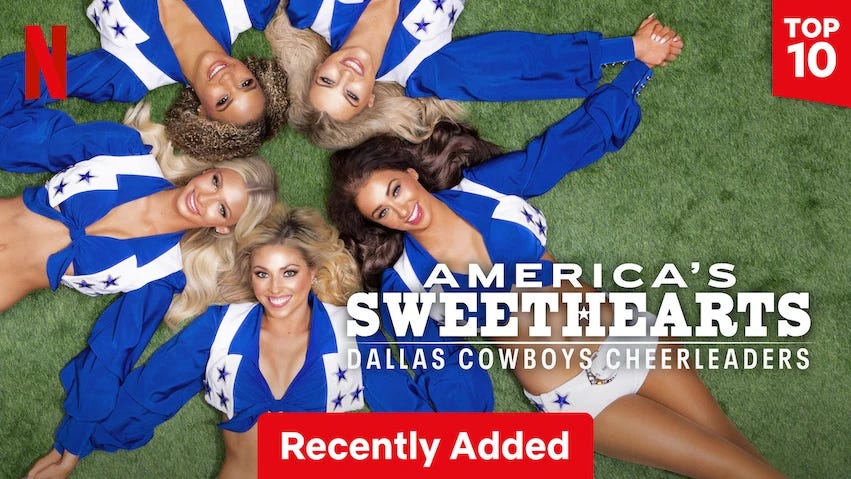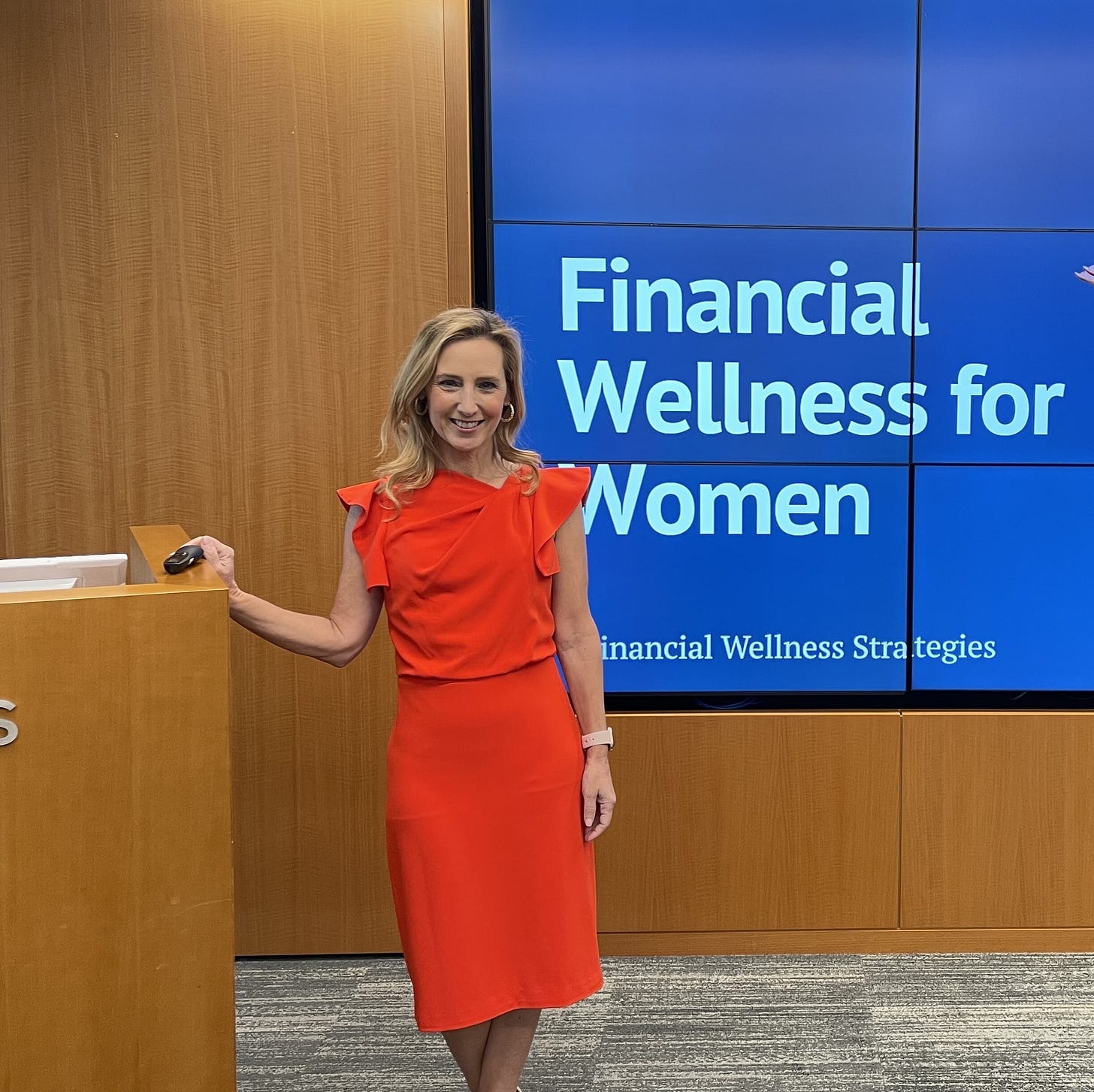The price you pay for the price you pay
Personalized pricing is costing you. Plus, reading/watching/listening recs.
Friends,
We all love our discounts and freebies. But remember, there is a real cost in terms of what we give up. Companies like McDonalds make no secret of the fact that they will offer significantly lower prices if we just sign up and use their app. But that requires not only voluntarily putting in our personal data, but in many cases allowing them to continue to learn more about our daily habits, location and preferences.
And while that may mean a lower price, others may be getting even lower prices because dynamic pricing is also often personalized pricing.
The upshot: Companies are using our data to not only get us to buy what they are selling, but to pay the highest price we are willing to pay in that moment.
I spoke with Hena Doba at NewsNation about this trend. Watch to the end for my tips on how to at least manage your exposure to personalized pricing.
Tell me in the comments below:
What other examples have you heard of (or experienced) of dynamic/personalized pricing?
Here are some tips to keep in mind:
Turn off location sharing on both your apps and devices
Clean out your cookies and cache
Shop in incognito mode
Try to use different browsers and devices to compare prices
Use sites like Google Shopping to see price history
Apps like ShopSavvy can scan barcodes to compare prices and search for deals
If you are going to give up information anyway, consider using cash back browser extensions like Rakuten
Know someone who would enjoy this newsletter? Please invite them to subscribe.
Send us your money question. We’ll choose one to answer in the next newsletter!
What's your main money dilemma? Tell us here.
Reading, listening and watching recommendations
Some of these will be money-related but some will just be things I want to share because I think you will enjoy them.
This week we have a theme. More after the recs.
Reading: The Women by Kristin Hannah
“The Women” focuses on the military nurses who volunteered to serve in Vietnam. Not only were many Americans not even aware that there were any women serving in the war, when they returned the women were rarely acknowledged or thanked for their service… and in the rare instances that they were recognized as veterans, they were even criticized for their service.
This is historical fiction so we need to keep that in mind.
But the conversation—and lack of appreciation for—women who serve our country is one that needs to be had more often.
Listening: The Exit Whisperer podcast with Carrie Kerpen
I met Carrie when she was building her social media agency “Likeable.” She was one of the first people to hire me to speak to her employees when my first book “How to be a Financial Grownup” was released in 2016. Fast forward to today and Carrie has successfully sold her company and is showing other women the way.
But there are big secrets that many women don’t know.
Carrie shares on her instagram page for example that “no one is speaking loudly about the exits of women business owners. We talk about fundraising. We talk about bootstrapping. We talk about work-life balance. But we don’t often discuss selling for life changing sums of money. And I think that’s because we simply don’t realize it’s possible. After all, today, women owned businesses are capturing only 0.8% of exit value.”
“Over the 10 year period from 2012-2022, less than 1% of businesses that sold a majority stake were female founded. And the average transaction value of those exits were 1.5x less than that of their male-owned comps.”
In other words: We need to shine a light on female founded companies and successful exit value stories so more women can be inspired to get the funding—and valuation—they deserve. Sharing this podcast is one great step in that direction.
Watching: America’s Sweethearts: Dallas Cowboys Cheerleaders on Netflix
Let me first say I loved this documentary and I am cheering these incredible women on every step of the way. They are incredibly talented, kind, generous women who often work full-time impressive careers while sticking to a grueling schedule of practices and performances.
They deserve better from their employer. One of the cheerleaders, who has a full-time job as a nurse, compares their pay to that of a fast food worker.
Their management’s response to not paying them enough is infuriating:
Charlotte Jones, the Cowboys’ Chief Brand Officer and daughter of owner Jerry Jones offered this excuse:
“There’s a lot of cynicism around pay for NFL cheerleaders—as it should be. They’re not paid a lot. But the facts are, they actually don’t come here for the money. They come here for something that’s actually bigger than that to them. They have a passion for dance. There are not a lot of opportunities in the field of dance to get to perform at an elite level. It is about being a part of something bigger than themselves. It is about a sisterhood that they are able to form, about relationships that they have for the rest of their life. They have a chance to feel like they are valued, they are special, and they are making a difference. When the women come here, they find their passion and they find their purpose.”
Also, one cheerleader who just retired is seen hobbling around. She apparently had both hip and foot surgery thanks to injuries incurred during dance routines that require going from a jump into a full split—which the management admits can be damaging.
This review in Time calls it “a Surprisingly Infuriating Portrait of the Ultimate Pink-Collar Job.”
Want to learn more? Here is a NY Times piece about it.
The theme: Women are under appreciated, under funded, and underpaid. We need to be aware and raise awareness about women’s financial wellness.
That’s why women’s financial wellness is something I love to talk about at Financial Wellness Strategies. Learn more about our programs here.
Poll Results: We say YES to the invite
…even when we know going to that event has a price. The poll results from last week are even more evidence of the importance of increasing financial wellness for women. It's not a coincidence that women say YES to all the things, even when we can't afford it or it's not in the budget. Whether it’s guilt, difficulty saying no, or difficulty admitting budget constraints, there can be many hurdles women face—and turning down financial commitments is a trained skill.
How can we help?
As always, we are here to bring financial wellness programming to life for your teams through our in person workshops or virtual Q&A sessions.
Lets connect on TikTok, Instagram, and LinkedIn and please share any ideas in the comments (or just say hi!).
I hope this note provided value and smiles. If you enjoyed it please share it with family, friends and colleagues using the link below. I truly appreciate your support.













Great segment--thanks Bobbi!